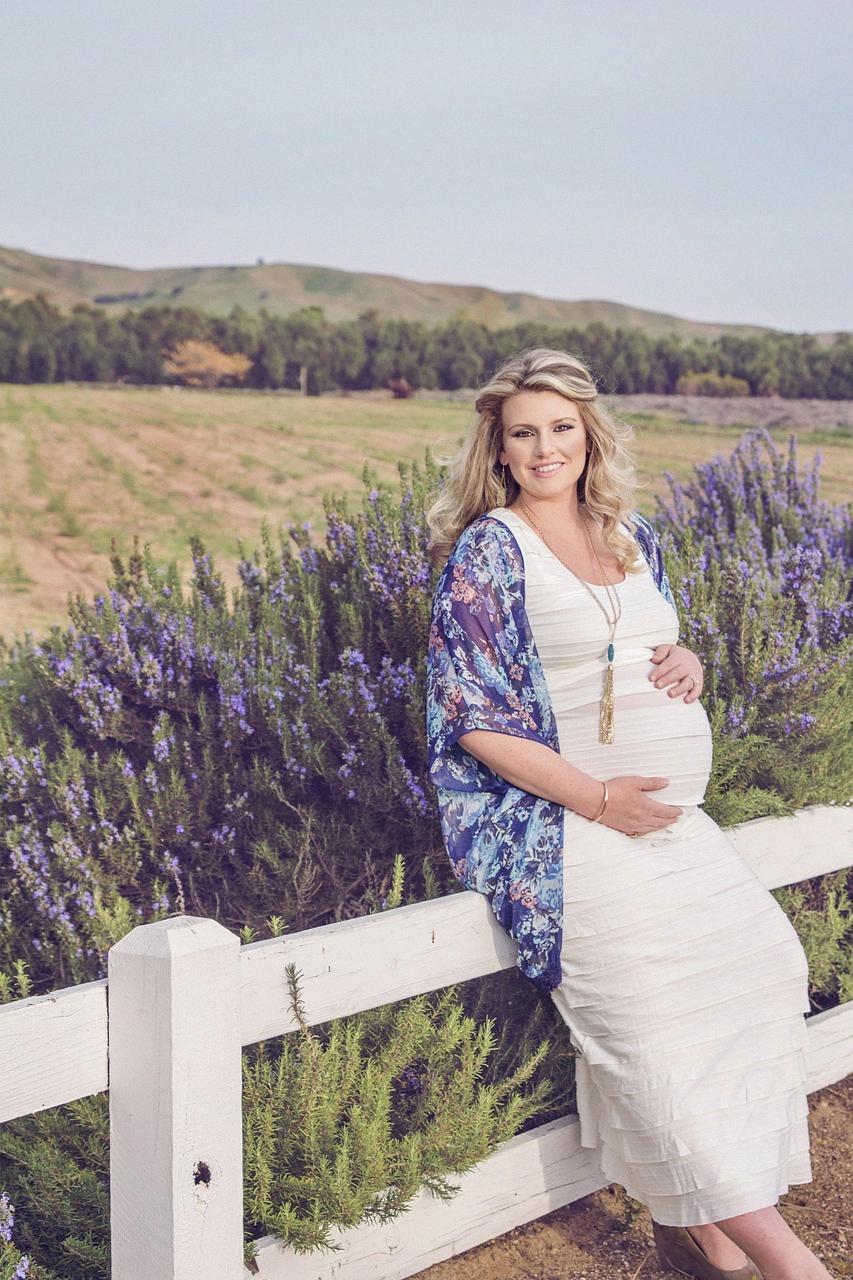When it comes to introducing new foods to babies, parents often have concerns about safety and nutritional value. One such food that has gained popularity in recent years is sea moss. But the question remains: Is sea moss safe for babies?
The consensus among experts is that sea moss can be safe for babies, as long as it is introduced in moderation and in appropriate forms. Organic sea moss is rich in essential nutrients like vitamins, minerals, and antioxidants, making it a beneficial addition to a baby’s diet.
It is important to note that sea moss should not be the sole source of nutrition for a baby. While it can supplement a balanced diet, it should never replace breast milk or formula, which are crucial for a baby’s growth and development.
When introducing sea moss to a baby, it is recommended to start with small amounts to gauge their reaction. Some babies may have allergies or sensitivities to certain foods, so it’s important to monitor their response closely.
Sea moss can be incorporated into a baby’s diet in various ways, such as blending it into smoothies, mixing it with pureed fruits or vegetables, or even adding it to homemade baby food recipes. This allows for versatility in how it is consumed.
It is essential to source high-quality, organic sea moss that has been properly cleaned and processed to ensure safety. Avoid adding any salt or additional seasonings to sea moss intended for a baby, as their developing digestive system may not be ready for such additives.
Consulting with a pediatrician or a healthcare provider before introducing sea moss to a baby is always recommended. They can provide guidance specific to your baby’s individual needs and ensure that any new foods align with their overall health and well-being.
Overall, sea moss can be a nutritious addition to a baby’s diet when introduced responsibly and in moderation. As with any new food, it’s essential to observe your baby’s response and make adjustments as needed to ensure their safety and well-being.
Remember that every baby is different, and what works for one may not work for another. Trust your instincts as a parent and prioritize your baby’s health above all else when making decisions about their diet and nutrition.
In conclusion, while sea moss can offer potential health benefits for babies, it’s crucial to approach its introduction with caution and attentiveness. By following guidelines, sourcing quality ingredients, and seeking professional advice, you can make informed choices about including sea moss in your baby’s diet.

